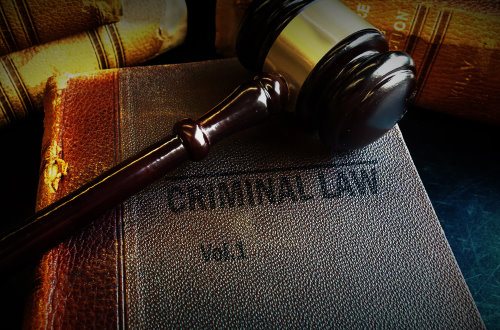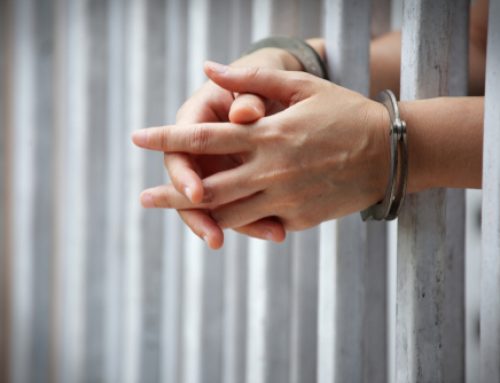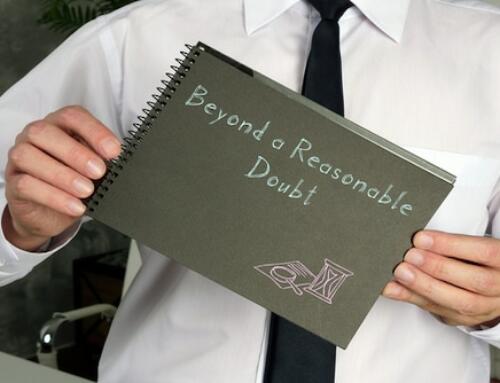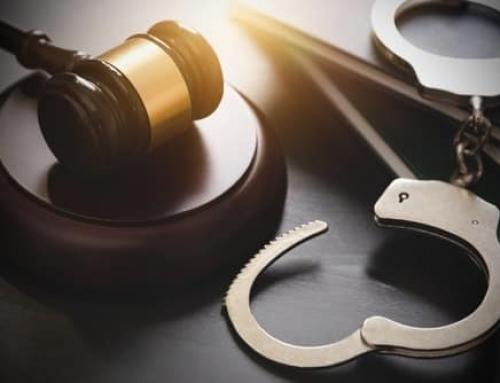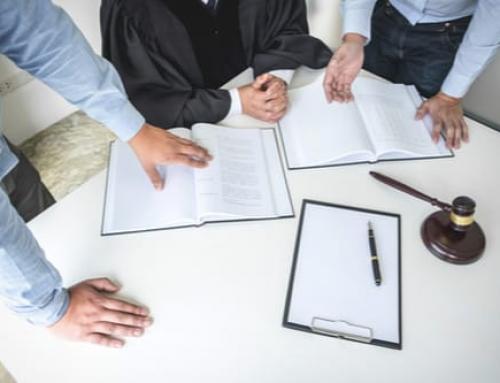If you have been charged with a crime in Pennsylvania, you might be wondering whether you should testify at your trial. You might have questions like: If I am innocent, what is the harm in testifying? Won’t refusing to testify make me look guilty? If I know what I am going to say, what is the risk of taking the stand?
These are all valid questions. As a criminal defendant in Pennsylvania, whether or not to testify is one of the most important decisions you will need to make during your criminal case. This is not an easy decision by any means, and you will need to thoroughly evaluate your options with the help of your criminal defense attorney.
5 Reasons Why You Shouldn’t Testify in Your Pennsylvania Criminal Case
First, we will talk about the reasons why you shouldn’t testify in your own defense. Testifying at your trial can be dangerous, and it puts you at risk of facing a conviction based on your own personal testimony. This is not an easy pill to swallow, and this alone is reason enough for many defendants not to take the stand. More specifically, here are five reasons why it might not be in your best interests to testify at your criminal trial:
1. You Do Not Have to Testify
First and foremost, you are not required to testify at your criminal trial. This is based on the privilege against self-incrimination contained in the Fifth Amendment to the U.S. Constitution. If there is any chance that your own words could be used to support a conviction, then it may be best to avoid this risk by staying out of the witness chair.
2. You Might Say the Wrong Thing
Even if you thoroughly prepare your testimony with your attorney, you still might say the wrong thing in court. Preparing with your attorney is very different from testifying under oath in a courtroom with your future on the line. If you say the wrong thing, it could stick in the jurors’ minds, and it could end up costing you for years or decades to come.
3. The Jurors Might Not Believe You
Even if you testify truthfully, this does not necessarily mean that the jurors will believe you. Unfortunately, even though jurors are supposed to be impartial, many still have biases against defendants simply because they are on trial. But, even setting this aside, if you come across as untruthful or unremorseful, this may result in the jury members not only ignoring what you actually said but also shifting in favor of guilt.
4. The Prosecution Will Have the Opportunity to Cross-Examine You
One of the biggest concerns involved with testifying in your criminal trial is that this allows the prosecution to cross-examine you. While you can still “plead the Fifth,” answering some questions while refusing to answer others is not a good look on the witness stand.
5. You Might Get Nervous, Flustered, or Angry During Your Cross-Examination
During cross-examination, it is also very possible that you could say something harmful to your defense as a result of becoming nervous, flustered, or angry due to the line of questioning. If you are going to testify, you need to be certain that you will maintain your composure and avoid saying anything that can be used against you.
5 Reasons Why You Might Testify in Your Pennsylvania Criminal Case
Given these concerns, when – if ever – does it make sense to testify at your own criminal trial in Pennsylvania? While every individual defendant’s circumstances are unique, here are five instances in which it might make sense to take the stand in your own defense:
1. Your Words are Already Being Used Against You
If your words are already being used against you, then testifying at trial could be your only chance to set the record straight. This could be the case, for example, if the police convinced you to confess during a custodial interrogation. While you generally want to avoid contradicting yourself on the witness stand, this does not necessarily apply if the prosecution already has a self-incriminating statement that it can present during its case in chief.
2. You Have a Clear Alibi
If you are clearly innocent and you have an alibi to prove it, then taking the stand to prove your alibi might make sense. However, if there is other evidence available to prove your alibi, then it still might make more sense to rely on this other evidence rather than facing the risk of slipping up during cross-examination.
3. You are Asserting an “Affirmative Defense”
Certain types of defenses, such as self-defense and defense of others, require you to present affirmative proof rather than arguing that the prosecution cannot meet its burden of proving your guilt beyond a reasonable doubt. These are known as “affirmative defenses.” Since asserting these defenses requires evidence of what you subjectively believed at the time of the altercation, it may be necessary to testify on your own behalf at your trial.
4. There Seems to Be a Presumption of Guilt
In some cases, despite the evidence presented, it may seem as though the jury is out to convict you. If this happens at your trial, at some point, taking the stand might become your last and only option for trying to swing the jury in your favor.
5. The Prosecution’s Witnesses Aren’t Credible
If the prosecution’s witnesses aren’t credible (i.e., if they are convicted criminals or their testimony comes across as unreliable), then taking the stand may allow you to draw a favorable contrast. Ultimately, the jurors will have to decide who they are going to believe; and, if you come across as more credible than the prosecution’s witnesses, this could save you from a “guilty” verdict in open court.
Schedule a Free Consultation with Philadelphia Criminal Defense Lawyer Brian Fishman
If you have questions about defending against your criminal charges in Pennsylvania, we encourage you to contact us promptly. For a free and confidential consultation with Philadelphia criminal attorney Brian Fishman, call 267-758-2228 or send us your contact information online now.

